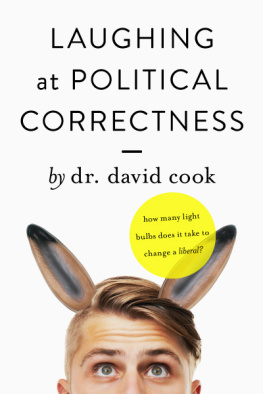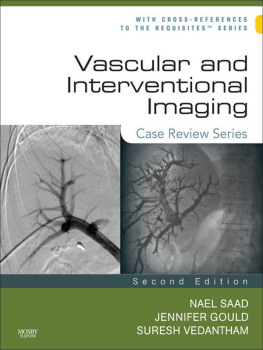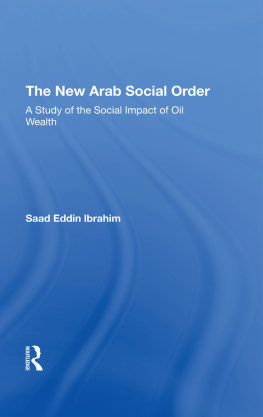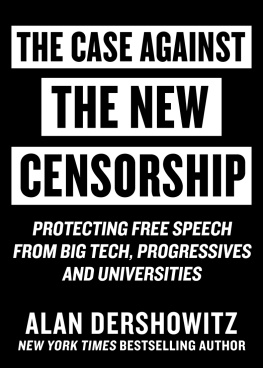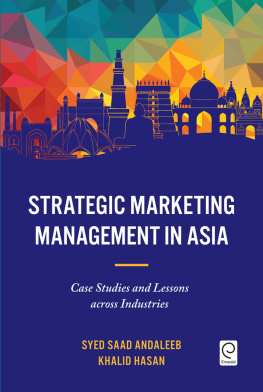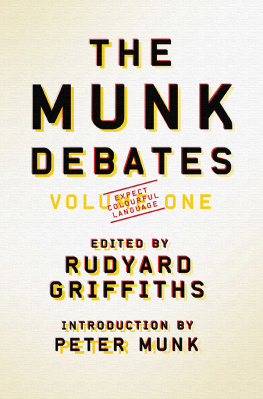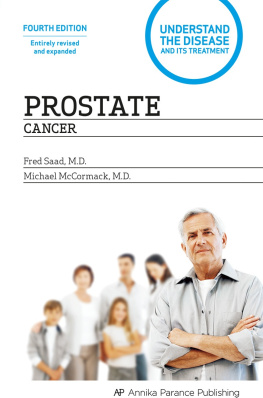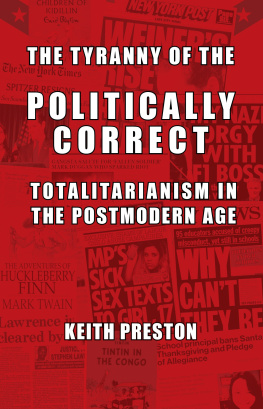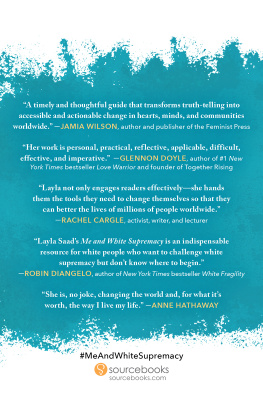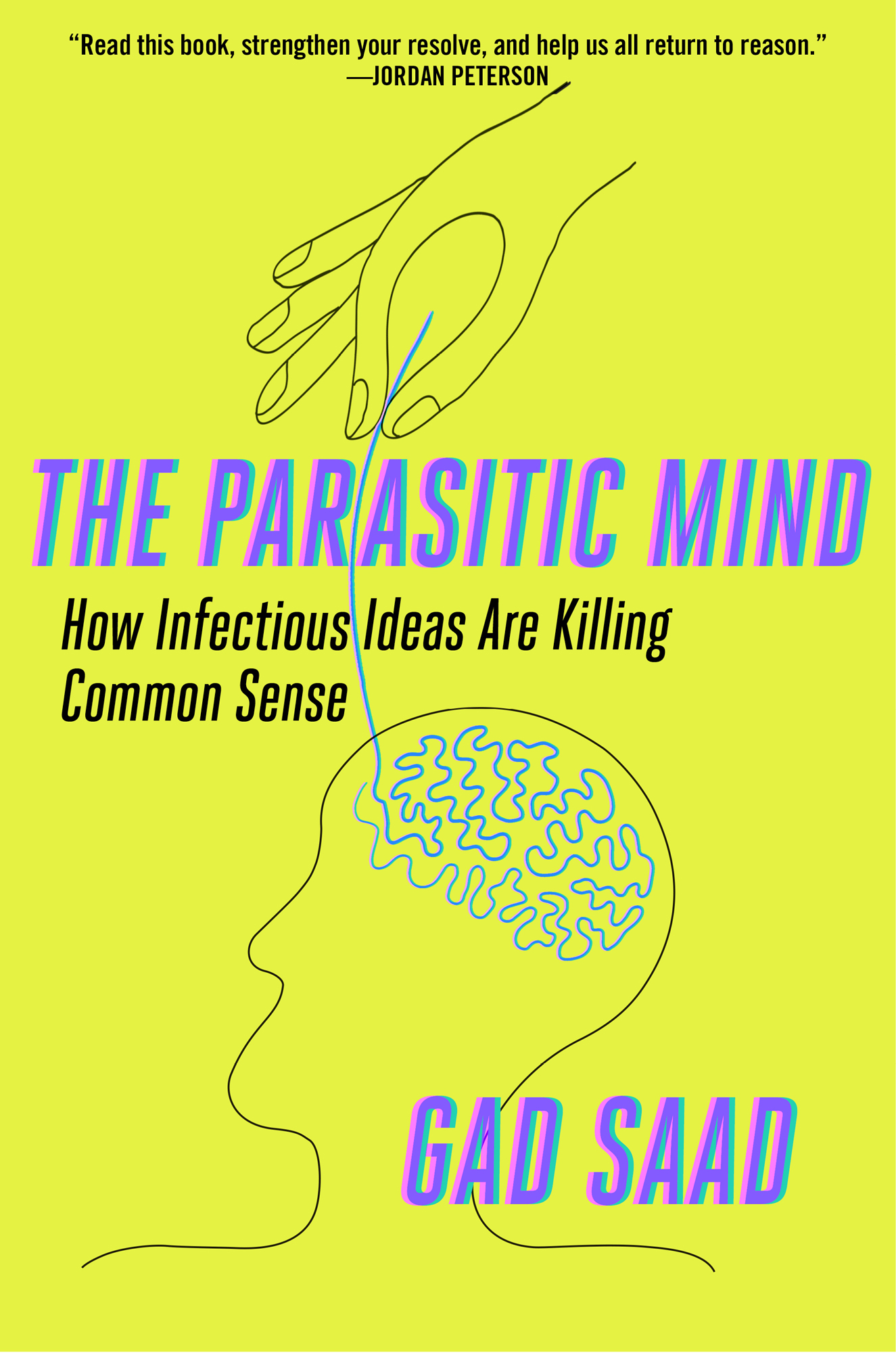Contents
Guide
Praise for THE PARASITIC MIND
Lacking fear, charismatic in his speech, and armed with solid, straightforward, biologically grounded ideas, Dr. Gad Saad has become somewhat of an internet phenomenon over the last few years. His new book continues in the same vein, warning its readers of the dangers of an unthinking progressive agenda and helping reestablish the general consensus that allows peace to prevail. Has your common sense been thoroughly assaulted? Read this book, strengthen your resolve, and help us all return to reason.
JORDAN PETERSON, PH.D. , clinical psychologist, professor of psychology at the University of Toronto, and author of 12 Rules for Life: An Antidote to Chaos
With disarming humor and withering logic, evolutionary behavioral scientist Gad Saad shows us that self-delusion is an equal-opportunity employer, not defined by race, ethnic background, sexual orientation, political leanings, or level of education. Nothing is taboo. To read The Parasitic Mind is to understand why so many people either embrace Saad for his clarity or reject him for holding up a mirror to their inconsistencies.
PAUL A. OFFIT, M.D., Maurice R. Hilleman Professor of Vaccinology, Perelman School of Medicine at the University of Pennsylvania, and author of Deadly Choices: How the Anti-Vaccine Movement Threatens Us All
Gad Saad argues that nefarious forces have slowly eroded the Wests commitment to reason, science, and the values of the Enlightenment and that these forces act like the weird brain parasites that alter the behavior of mice to make them less afraid of cats, driving human society towards a dark age of irrational prejudice and superstition. His courage, his rationality, and his enthusiasm for that much-neglected thing, the truth, shine through this powerful book.
MATT RIDLEY, PH.D. , author of The Rational Optimist and How Innovation Works
A wonderfully intelligent, witty, and riveting account of the politically correct madness engulfing our society. The Parasitic Mind is a must-read for anyone concerned about victim politics, cancel culture, and the assault on reason. Saad not only expertly diagnoses the malady, he also points the way to a cure.
CHRISTINA HOFF SOMMERS, PH.D. , resident scholar at the American Enterprise Institute and co-author of One Nation Under Therapy
A virus is sweeping through our civilizationa mind virus corrupting the brains of students, professors, and the public at largeand The Parasitic Mind is the vaccine that will counter this pernicious pandemic. Professor Gad Saad has emerged as a heroic public warrior fighting for reason and science in the search for truth. That he has developed such a fearless following clamoring for a work like this is a testimony to its necessity and why I think its broad readership will help stem the tide of unreason and anti-science.
MICHAEL SHERMER, PH.D. , publisher at Skeptic magazine and author of Giving the Devil His Due
Copyright 2020 by Gad Saad
All rights reserved. No part of this publication may be reproduced or transmitted in any form or by any means electronic or mechanical, including photocopy, recording, or any information storage and retrieval system now known or to be invented, without permission in writing from the publisher, except by a reviewer who wishes to quote brief passages in connection with a review written for inclusion in a magazine, newspaper, website, or broadcast.
Regnery is a registered trademark of Salem Communications Holding Corporation
Cover design by John Caruso
ISBN: 978-1-62157-959-5
eISBN: 978-1-62157-993-9
Library of Congress Control Number: 2020938902
Published in the United States by
Regnery Publishing
A Division of Salem Media Group
300 New Jersey Ave NW
Washington, DC 20001
www.Regnery.com
Books are available in quantity for promotional or premium use. For information on discounts and terms, please visit our website: www.Regnery.com.
To Lior, Bahebak
Preface
W hen we think of a pandemic, we often conjure images of deadly infectious diseases that spread rapidly across countries causing unimaginable human suffering (like the Black Death, the Spanish influenza, AIDS, or the ongoing COVID-19 crisis). The West is currently suffering from such a devastating pandemic, a collective malady that destroys peoples capacity to think rationally. Unlike other pandemics where biological pathogens are to blame, the current culprit is composed of a collection of bad ideas, spawned on university campuses, that chip away at our edifices of reason, freedom, and individual dignity. This book identifies these idea pathogens, discusses their spread from the universities to all walks of life including politics, business, and popular culture, and offers ways to inoculate ourselves from their devastating effects.
In Chapter One, I offer a brief synopsis of the factors that led to my becoming an ardent warrior against these destructive ideas including my experience of two great wars, the Lebanese Civil War (as a child) and the war against reason (as a professor over the past twenty-five years), as well as my life ideals of seeking freedom and truth. In Chapter Two, I explore the tension between thinking and feeling, and the tension between the pursuit of truth and the minimization of hurt feelings. I argue that it is wrongheaded to create a false tension between our reasoning faculty and our emotions. We are both a thinking and a feeling animal. A problem arises when we apply the wrong system to a given situation (such as letting our emotions guide us in a situation that requires reason, or vice versa). I provide several contemporary examples to highlight this point including the hysterical emotional responses to Donald Trumps election as president of the United States and Brett Kavanaughs appointment to the United States Supreme Court. In Chapter Three, I posit that freedom of speech, the scientific method, intellectual diversity, and a meritocratic ethos rooted in individual dignity rather than adherence to the ideology of Diversity, Inclusion, and Equity (DIE) are nonnegotiable elements of a truly enlightened society. A fair society ensures that its members have equality of opportunities and not equality of outcomes as mandated by DIE edicts. Chapter Four addresses several anti-science, anti-reason, and illiberal idea pathogens including postmodernism, radical feminism, and transgender activism, the latter two of which are rooted in a deeply hysterical form of biophobia (fear of biology). These idea pathogens destroy our understanding of reality and common sense by espousing such positions as: invisible art is a form of art, all sex differences are due to social construction, and some women have nine-inch penises. Chapter Five examines how the mindset of social justice warriors gave rise to universities that prioritize minimizing hurt feelings over pursuing truth (a continuation of the theme first addressed in Chapter Two), the Oppression Olympics (intersectionality), Collective Munchausen and the homeostasis of victimology (Im a victim therefore I am), and pious self-flagellating at the altar of progressivism. In this view, warped by outrage and resentment, the world is binary: you are either a noble victim (even if you have to make it up) or a disgusting bigot (even if youve never been one). Choose a side. Chapter Six explores Ostrich Parasitic Syndrome (OPS), a malady of disordered thinking that robs people of their ability to recognize truths that are as obvious as the existence of the sun. Science denialism is one manifestation of OPS but there are many others. Those afflicted with OPS utilize a broad range of strategies to shelter themselves from reality including the use of six degrees of faux-causality wherein countless ills are pinned wrongly on ones favorite culprit (such as climate change causes terrorism). I examine how OPS sufferers take imbecilic and at times suicidal positions regarding issues of civilizational import including the root causes of global terrorism, the virtues of open borders, the apparent congruence between sharia law and the United States Constitution, and the supposed racism of profiling. To document the pandemic of disordered thinking without offering a way for people to inoculate themselves against these idea pathogens would be insufficient. So in Chapter Seven while warning readers of various forms of faux-profundity masquerading as truth, I examine how to seek truth via the assiduous and careful erecting of nomological networks of cumulative evidence. Finally, in the last chapter, I propose reasons that cause people to remain passive bystanders in the battle of ideas, and I suggest a course of action to turn the tide. Do not underestimate the power of your voice. Seismic changes start off as small rumbles. Get engaged in the battle for reason and freedom of thought and speech. Your voice matters. Use it.


